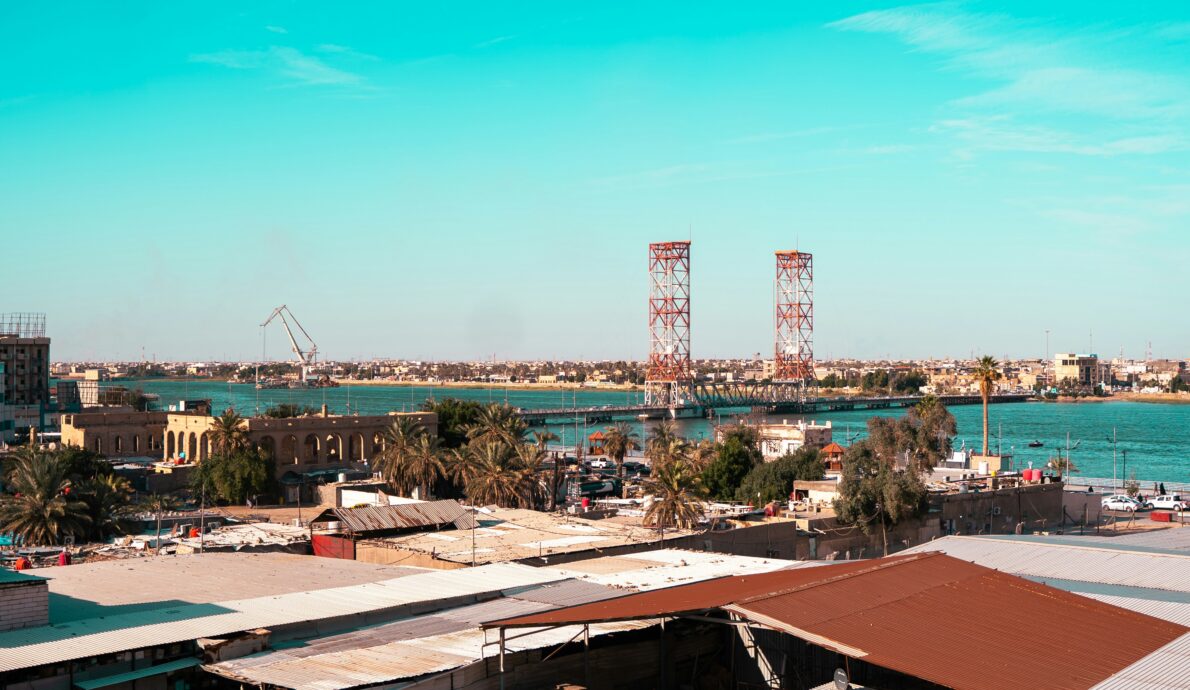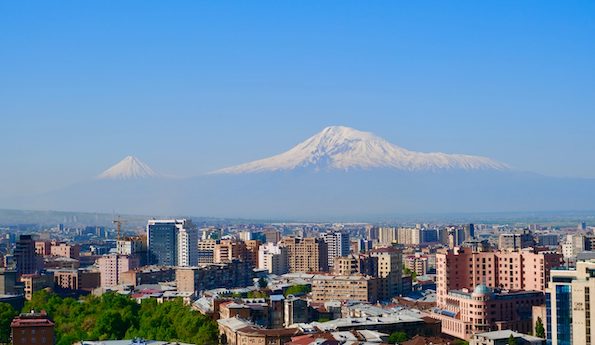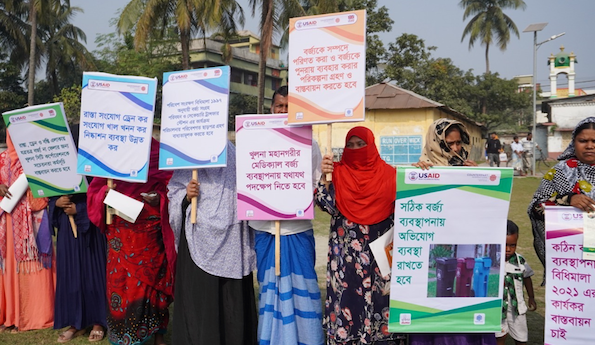Iraq’s civil society sector is rebuilding after decades of political upheaval and instability. Our USAID-funded Iraq Civil Society Activity, or Tafa’aol, works to strengthen citizen engagement and participation in the public sphere, especially among marginalized groups such as women and youth.
The project held its first Inter-Provincial Multi-Stakeholder Dialogue in Erbil on July 30 to discuss the trends and innovations that are reshaping civic engagement, including artificial intelligence, media and campaign strategies, localization, and financial sustainability. The dialogue highlighted progress made by Iraqi youth groups and other civil society organizations in adopting new ways to engage citizens in civic activities, such as collaborating with Iraqi universities, and explored how to encourage private sector support.

Qassim Al-Dhalimy, advisor to the Iraqi prime minister on youth initiatives, meets with representatives of civil society organizations at the Inter-Provincial Multi-Stakeholder Dialogue event in Erbil.
The event welcomed more than 70 attendees from the government, academia, think tanks, and the community. Among them were 33 local civil society organizations and youth groups representing 11 provinces: Baghdad, Basrah, Ninewa, Muthanna, Wasit, Anbar, Kirkuk, Diyala, and the Kurdistan region’s Erbil, Sulaymaniya, and Duhok.
U.S. general consul Mark Stroh, Counterpart chief of party Shahla Al Kli and vice president of new business development Lianne Romahi, Iraq prime minister advisor on youth initiatives Qassim Al-Dhalimy, and head of the department of non-governmental organizations in the Kurdistan region, Falah Hassan, addressed the gathering.

Counterpart chief of party Shahla Al Kli gives opening remarks at the Inter-Provincial Multi-Stakeholder Dialogue in Erbil.
The dialogue served as a platform for networking, exploring collaborative opportunities, and exchanging ideas. It also gave local civil society organizations, including youth groups, the opportunity to connect with high-level government decision makers. For example, Violet Organization, a youth organization based in Erbil, had the chance to meet with Al-Dhalimy.
“The connection with the Prime Minister’s Advisor for Youth Initiatives was an invaluable opportunity,” according to Violet Organization. “We had insightful discussions and productive conversations about potential youth initiatives.”
In the survey following the event, participants shared how the conversations they had will impact their work. An attendee from Mosul Heritage House in Ninawa province, for instance, detailed how they will partner with another group—Warjin Organization—in Sinjar.

The Inter-Provincial Multi-Stakeholder Dialogue provided a platform for Iraqi civil society organizations to network and explore new ways to collaborate.
The event shed light on the diverse issues faced by civil society in Iraq. A participant from Mosul Space, a youth social services organization, met with organizations from other regions of Iraq, which gave him a greater understanding of the challenges faced in other government districts.
By bringing key stakeholders together, we’re committed to supporting a vibrant civil society in Iraq that is well equipped to take civic engagement to the next level.
“ICSA-Tafa’aol builds upon effective community solutions that are already addressing problems and meeting needs,” Al Kli said. “Emerging youth groups are at the forefront of these efforts in Iraqi civil society, and ICSA-Tafa’aol will provide support to enhance and scale up these groups and their local interventions.”






